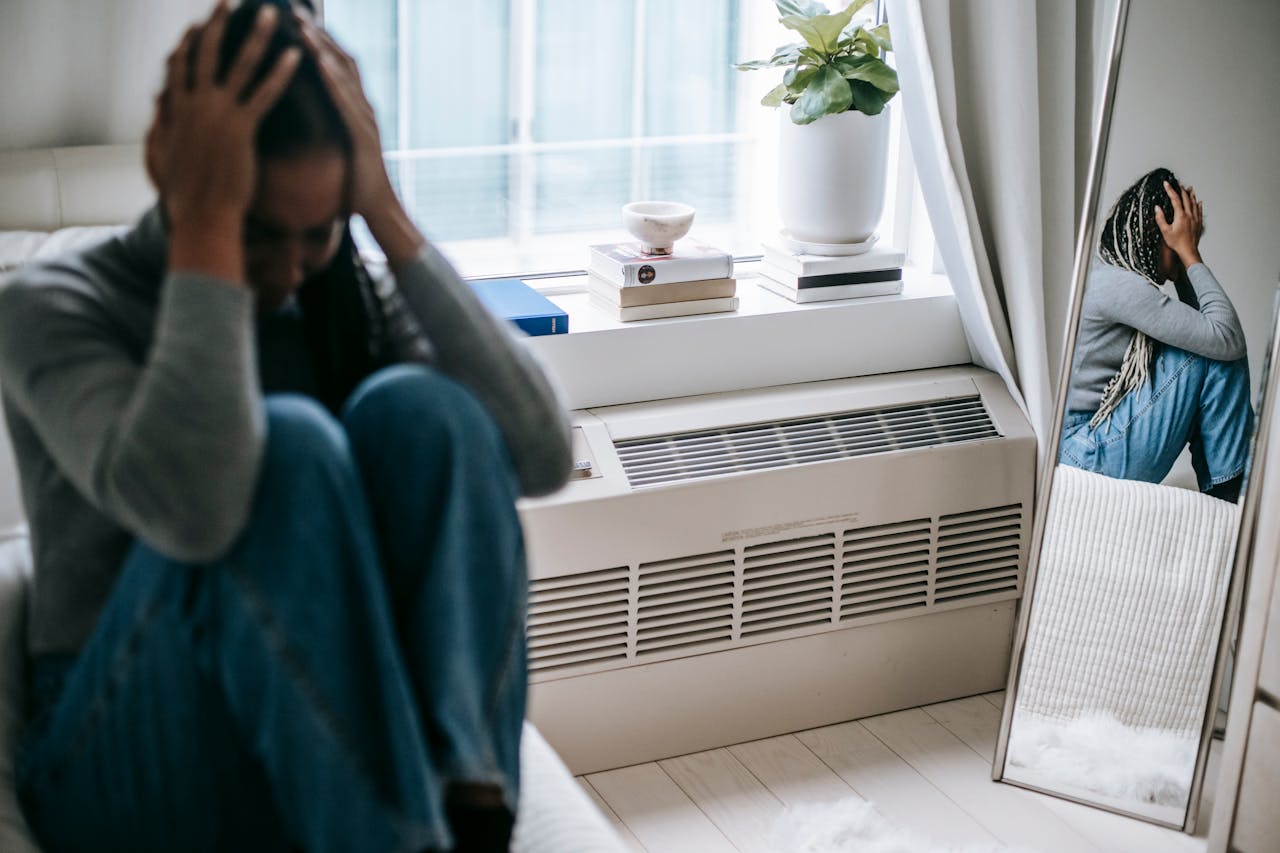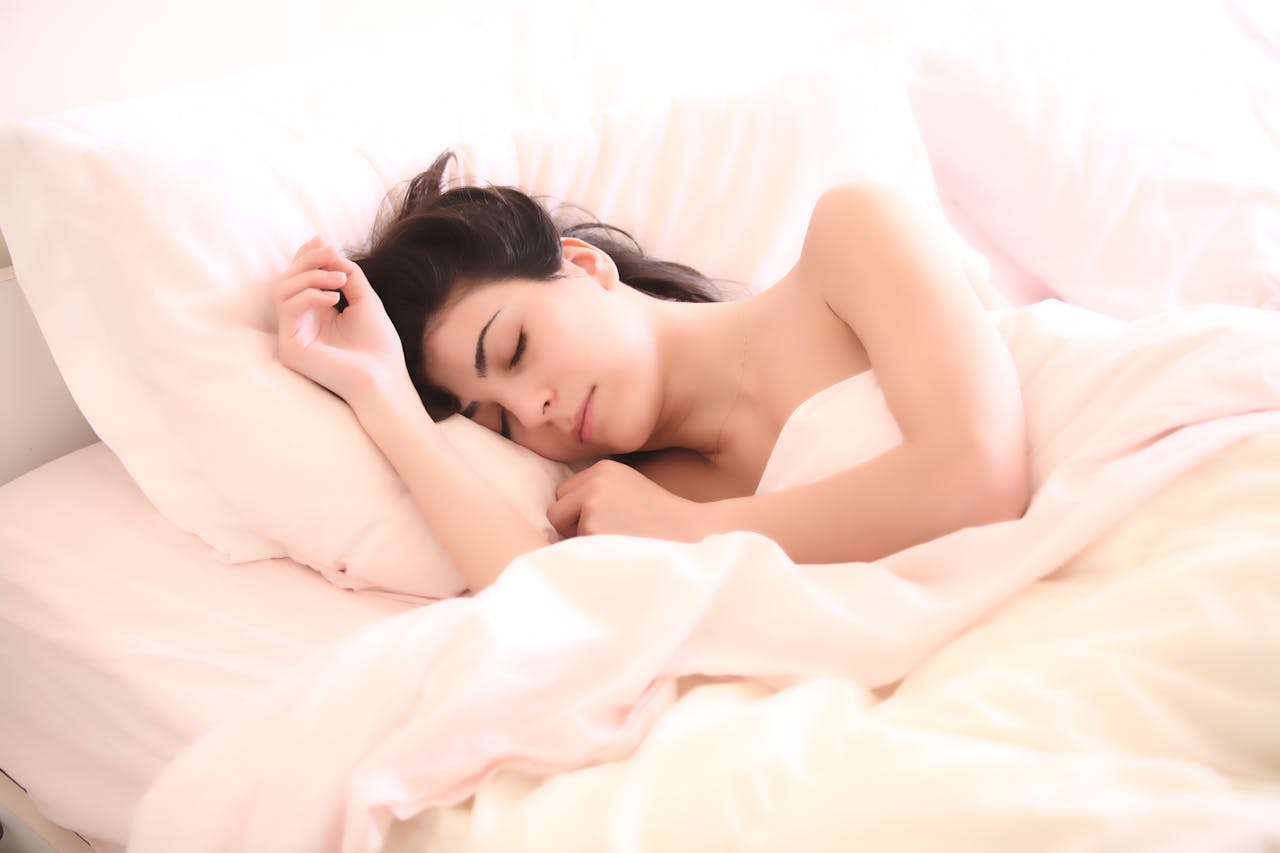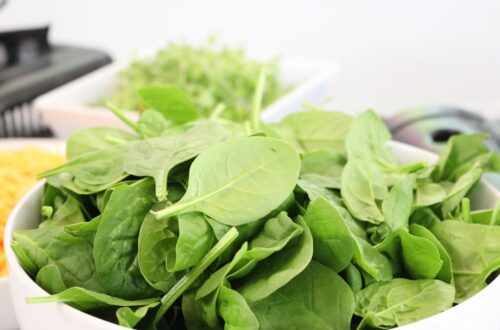
Effective Ways to Manage Panic Attacks and Reduce Anxiety
Panic attacks can be a debilitating experience, characterized by sudden and intense fear accompanied by physical symptoms like rapid heartbeat, shortness of breath, and dizziness. While traditional treatments like medication and therapy are effective, many individuals seek natural remedies to manage their symptoms. This blog post explores various natural remedies for panic attacks, offering evidence-based insights and practical advice for those looking to complement their existing treatment plans with holistic approaches.
Understanding Panic Attacks
Before diving into natural remedies, it’s essential to understand what panic attacks are. Panic attacks are sudden episodes of intense fear that trigger severe physical reactions despite the absence of real danger or apparent cause. They can be terrifying, making individuals feel as though they are losing control, having a heart attack, or even dying.
Key Symptoms of Panic Attacks:
- Rapid heart rate
- Sweating
- Trembling or shaking
- Shortness of breath
- Chest pain
- Nausea
- Dizziness
- Fear of losing control or dying
Understanding these symptoms can help individuals identify when they are experiencing a panic attack and seek appropriate remedies.
1. Deep Breathing Exercises for Panic Attacks
Deep breathing exercises are a simple yet powerful way to calm the nervous system and reduce the intensity of a panic attack. When a panic attack occurs, the body goes into a state of hyperventilation, which can exacerbate feelings of anxiety.
Key Points:
- Practice Deep Breathing: Focus on taking slow, deep breaths in through the nose and out through the mouth. A common technique is the 4-7-8 method: inhale for 4 seconds, hold for 7 seconds, and exhale for 8 seconds.
- Use a Breathing App: Apps like Calm and Headspace offer guided breathing exercises that can be helpful during a panic attack.
Evidence:
Studies have shown that deep breathing can activate the parasympathetic nervous system, which helps reduce the body’s stress response (Backlinko) (Exploding Topics).
2. Mindfulness and Meditation for Panic Attacks
Mindfulness and meditation practices can help individuals stay grounded and focused during a panic attack. These techniques encourage awareness of the present moment, reducing the focus on fear and anxiety.
Key Points:
- Mindfulness Meditation: Practice mindfulness by paying attention to your thoughts, feelings, and sensations without judgment. Apps like Insight Timer offer free guided meditations.
- Body Scan: This involves mentally scanning your body from head to toe, noticing any tension or discomfort and allowing it to release.
Evidence:
Research indicates that mindfulness and meditation can significantly reduce symptoms of anxiety and panic attacks by promoting relaxation and emotional regulation (Search Engine Land) (Exploding Topics).
3. Herbal Supplements for Panic Attacks
Certain herbal supplements have been found to alleviate anxiety and panic attack symptoms. While these should not replace prescribed medication, they can be a useful addition to a comprehensive treatment plan.
Key Supplements:
- Valerian Root: Known for its sedative properties, valerian root can help reduce anxiety and promote sleep.
- Chamomile: Often consumed as tea, chamomile has calming effects and can help reduce anxiety.
- Passionflower: This herb is used for its anxiolytic (anxiety-reducing) effects.
Evidence:
Studies have demonstrated the effectiveness of these herbs in reducing anxiety symptoms. For instance, valerian root has been shown to improve sleep quality and reduce anxiety levels (Search Engine Land) (Exploding Topics).
4. Physical Activity for Panic Attacks
Regular physical activity is a natural and effective way to combat anxiety and prevent panic attacks. Exercise releases endorphins, which are natural mood lifters.
Key Points:
- Aerobic Exercise: Activities like running, swimming, and cycling can significantly reduce anxiety.
- Yoga and Tai Chi: These practices combine physical movement with deep breathing and meditation, offering a holistic approach to anxiety reduction.
Evidence:
Research supports the role of physical activity in reducing anxiety. A study published in the American Journal of Psychiatry found that regular exercise was associated with a 25% reduction in anxiety symptoms (Backlinko).
5. Aromatherapy
Aromatherapy uses essential oils to promote relaxation and reduce anxiety. Certain scents can have a calming effect on the mind and body.
Key Oils:
- Lavender: Known for its soothing properties, lavender oil can help reduce anxiety and improve sleep.
- Bergamot: This citrus oil can uplift the mood and alleviate stress.
- Rose: Rose oil has been shown to reduce anxiety and induce relaxation.
How to Use:
- Diffusion: Use an essential oil diffuser to fill the room with calming scents.
- Topical Application: Apply diluted essential oils to pulse points or use in a relaxing bath.
Evidence:
Studies have shown that aromatherapy can effectively reduce anxiety. For example, inhaling lavender essential oil has been linked to decreased anxiety levels and improved mood (Search Engine Land) (Exploding Topics).
6. Dietary Adjustments for Panic Attacks
What you eat can impact your anxiety levels. Certain foods and nutrients have been found to promote calmness and reduce the likelihood of panic attacks.
Key Points:
- Omega-3 Fatty Acids: Found in fish, flaxseeds, and walnuts, omega-3s have anti-inflammatory properties that can help reduce anxiety.
- Magnesium: This mineral, found in leafy greens, nuts, and seeds, is essential for nervous system health and can help reduce anxiety.
- Probiotics: Foods like yogurt, kefir, and sauerkraut support gut health, which is closely linked to mental health.
Evidence:
Dietary changes can have a profound effect on mental health. Studies have found that omega-3 supplements can reduce anxiety, while magnesium intake is associated with lower anxiety levels (Backlinko) (Exploding Topics).
7. Cognitive-Behavioral Strategies for Panic Attacks
Cognitive-behavioral strategies involve changing the thought patterns that contribute to panic attacks. These techniques can be practiced with the help of a therapist or through self-help books and online resources.
Key Points:
- Cognitive Restructuring: Challenge and reframe irrational thoughts that contribute to panic attacks.
- Exposure Therapy: Gradually expose yourself to the situations that trigger panic attacks in a controlled and safe manner.
Evidence:
Cognitive-behavioral therapy (CBT) is a well-established treatment for anxiety and panic disorders. Studies have shown that CBT can significantly reduce the frequency and severity of panic attacks (Search Engine Land) (Exploding Topics).
Conclusion

Managing panic attacks naturally involves a multifaceted approach that combines lifestyle changes, dietary adjustments, herbal supplements, and therapeutic practices. While these natural remedies can be highly effective, it’s important to consult with a healthcare professional before making significant changes to your treatment plan, especially if you are currently taking medication for anxiety or panic disorders.
By incorporating these natural remedies into your routine, you can take proactive steps towards reducing the frequency and severity of panic attacks, leading to a calmer and more balanced life.
Sources
- National Center for Complementary and Integrative Health. “Valerian.” Retrieved from NCCIH.
- Harvard Health Publishing. “Relaxation techniques: Breath control helps quell errant stress response.” Retrieved from Harvard Health.
- Mayo Clinic. “Meditation: A simple, fast way to reduce stress.” Retrieved from Mayo Clinic.
- American Psychological Association. “The Exercise Effect.” Retrieved from APA.
- University of Maryland Medical Center. “Aromatherapy.” Retrieved from UMMC.
- Cleveland Clinic. “Probiotics: What You Need To Know.” Retrieved from Cleveland Clinic.
- National Institute of Mental Health. “Panic Disorder: When Fear Overwhelms.” Retrieved from NIMH.
- Research article on deep breathing and anxiety reduction, American Journal of Psychiatry.
- Review on the efficacy of herbal supplements for anxiety, Journal of Clinical Psychopharmacology.
- Study on the benefits of mindfulness meditation for anxiety, Mindfulness Research and Practice Journal.




